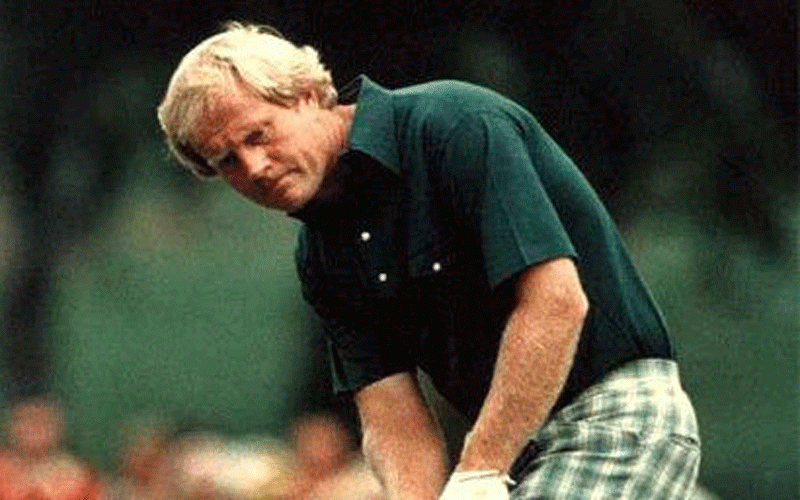
Leonardo De Caprio and Tom Hanks starred in the 2002 film Catch Me If You Can, which told the story of Frank Abagnale Junior who was a con man posing as a pilot, doctor and lawyer and cashed forged cheques worth millions of dollars before his 21st birthday, despite being constantly chased by FBI agent Carl Hanratty. In more recent times, the early 2000s, a film entitled Inventing Anna recorded how Anna Sorokin, by pretending to be a German heiress under the name of Anna Delvey, gained notoriety for defrauding friends, businesses, and financial institutions of millions of dollars by cultivating a lavish lifestyle and infiltrating New York’s high society, using forged financial documents and promises of large-scale projects to obtain loans and services. These were con men and women of note, confidence tricksters who fooled thousands into believing their stories.
In turn, those who are fooled by such con men and women lose their own confidence in mankind as a whole and no doubt in their own selves. However, such people are not alone; many people, especially youngsters, are lacking in confidence. They think, or even say, “I’m useless! I can’t do that! I’m hopeless!” Pupils do not put their hand up in class or put anything on paper in an exam. Players in weaker teams expect to be beaten. Their head goes down, shoulders forward with no confidence.
So, while the role of the coach definitely involves developing a player’s competence, as we considered previously, so a major role of a coach is to raise the player’s confidence. Jack Nicklaus , the man who has won the most number of golf’s four Majors, claimed that “Confidence is the most important single factor in this game.” Michelle Obama, the wife of former US President, claimed that “Your success will be determined by your own confidence and fortitude”, while Helen Keller, the deaf and blind lady who has inspired so many people over many years declared that “Optimism is the faith that leads to achievement. Nothing can be done without hope and confidence.”
Confidence is key. So how can a coach instil this confidence in his players? Anna Freud gave her assessment when she said that “I was always looking outside myself for strength and confidence but it comes from within. It is there all the time.” Some might argue that it is found in the saying that “Success comes in cans, not can’ts”, where success breeds success, which in turn breeds confidence. It is found within and follows hard work and practice. It is found in being able to do small things well so often that we can always fall back on that. It comes one bite, one step, one brick at a time.
However, it also needs to come from outside. One obvious way is to provide encouragement and that can come from compliments. There are plenty of compliments that we can give; even when a child gives a wrong answer or plays a bad pass, there is something that we can compliment (“I appreciate your effort; well tried”). There is a danger, though, in pouring out endless compliments, especially if they are not sincere or relevant; children can become reliant, almost addicted to compliments, to the extent that when one does not come, then all confidence is lost. Indeed, as one Peloton instructor Christine D’Ercole has said, “Don’t rely on compliments for confidence.” In fact, real confidence will not require compliments.
A positive means to develop confidence is actually allowing youngsters to fail, by showing it in our reactions. A child can very quickly lose all confidence simply by the coach’s or parent’s body language. We must refrain from turning away in disgust at a missed opportunity, throwing bottles, shaking our head, shouting instructions, criticising publicly, holding head in hands. Such actions are definite confidence breakers, as is the temptation to compare youngsters or teams with others.
The word ‘confidence’ comes from Latin where ‘con’ means ‘with’ and ‘fido;’ means ‘trust’ or ‘faith’. We are to help youngsters to develop their trust in themselves, but also equally in their coach (and parents). Confidence will be accompanied by a calmness, patience and reassurance. However, con men persuade people by lying to the point where others are convinced of the offer or scheme; we must not try to fool our pupils. The question for us is this: how confident are we as a coach that we can develop confidence in our players? It is less of Catch Me If You Can and more of Coach Me if you Can — can we? Yes, we can. Yes, we must.
- BCC flights multiple tenders
- In Full: Nineteenth post-cabinet press briefing: July 05, 2022
- Byo City polishes Manica Diamonds
- Bullets shoot down Chiefs











